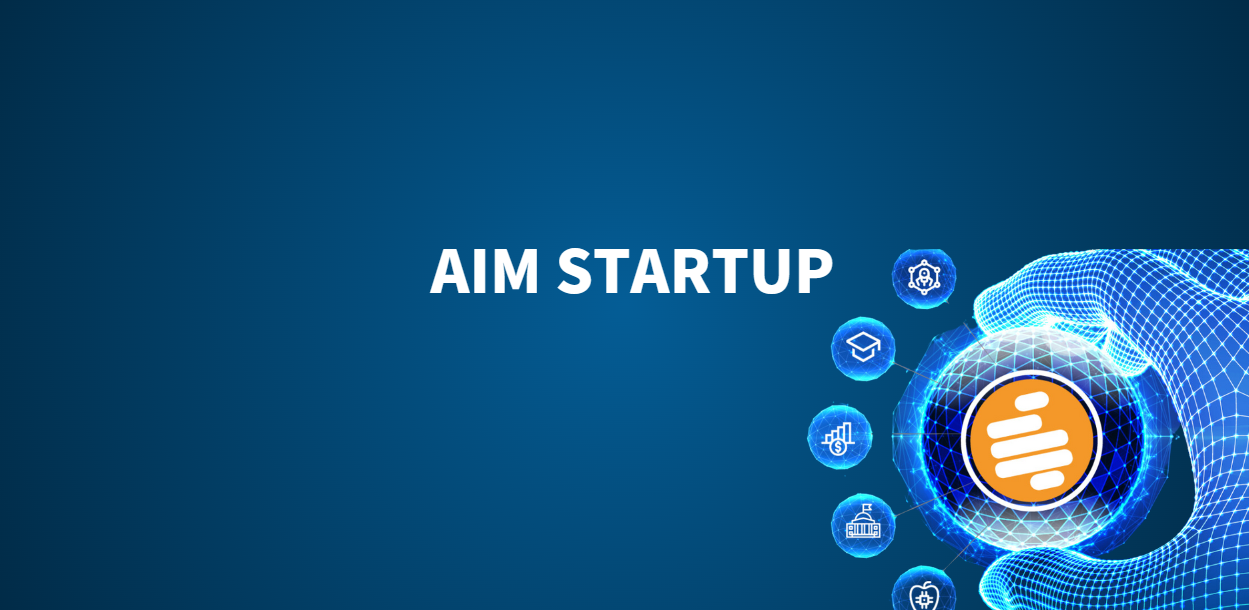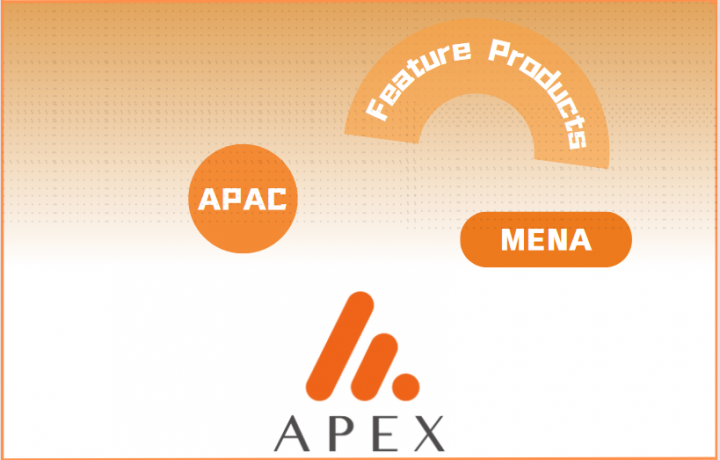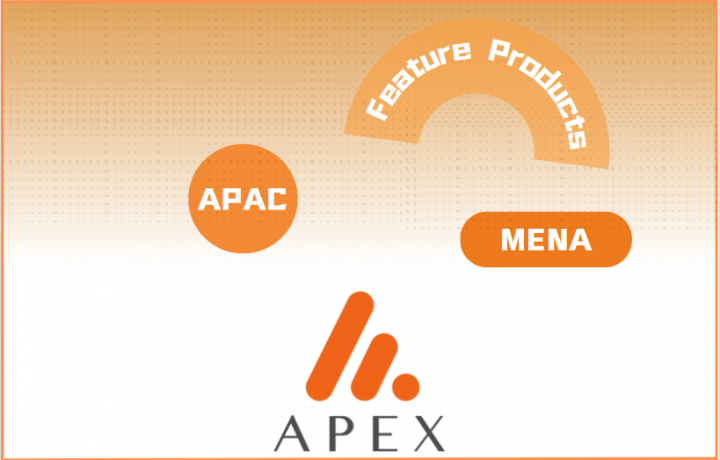DZ BANK successfully tests the Smart Derivative Contract against digital central bank money on Trigger Solution with the Bundesbank
The ECB's exploration phase on digital central bank money is in full swing. The major topic under discussion is the possible introduction of the so-called Wholesale Central Bank Digital Currency (CBDC). This is a digital form of central bank money that is to be used exclusively by central banks, commercial banks and other financial institutions to process interbank payments and securities and also derivatives transactions. DZ BANK is involved in the exploration phase with several experiments: Now, at the end of September, DZ BANK tested the automated post-trade process of a Smart Derivative Contract (SDC) using the Bundesbank's trigger solution.
In this experiment, an Over-The-Counter (OTC) derivative in the form of an Interest Rate Swap was traded in a simulated environment as a Smart Derivative Contract under real market conditions. It then settled fully automatically twice a day over several trading days using live market data. The resulting payment operations were executed via the Bundesbank's trig-ger solution. DZ BANK is the first institution to operate its own node in the trigger solution's DLT network for its SDC use case. Among other things, this type of connection makes it pos-sible to use a separate smart contract: in the case of DZ BANK, this is the smart derivative contract.
The SDC is a product innovation from DZ BANK and a joint project between the Trading and Risk Controlling Departments. It is not just a digital protocol based on DLT, it is a structured OTC derivative designed to eliminate Counterparty Credit Risk (CCR) by construction. It therefore offers advantages from both a front and back-office perspective. The product was already legally tested with Bayrische Landesbank in 2021 and with Union Investment in 2022. This further development together with the Bundesbank shows that OTC derivatives can be settled directly in digital central bank money without an intermediary.














































First, please LoginComment After ~